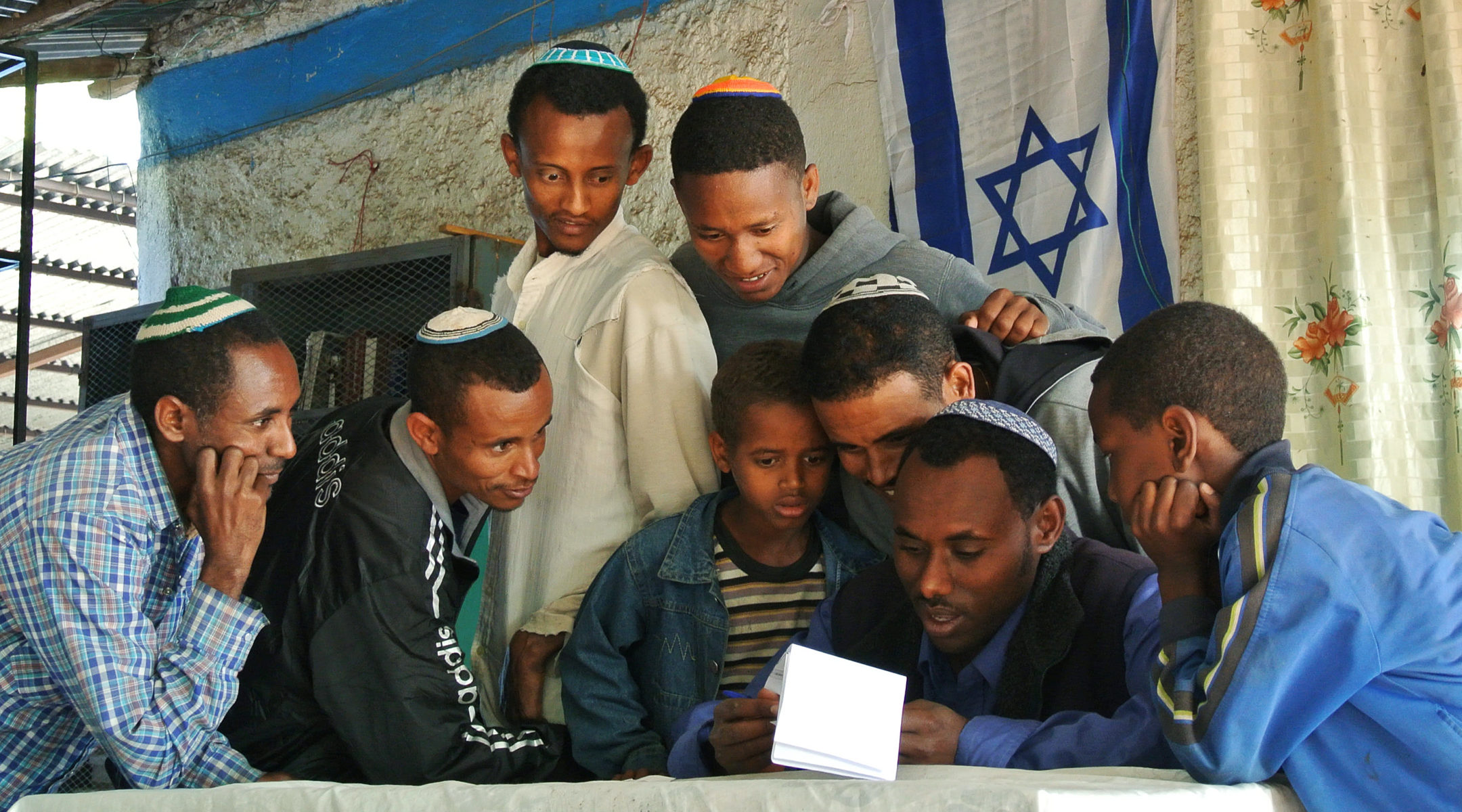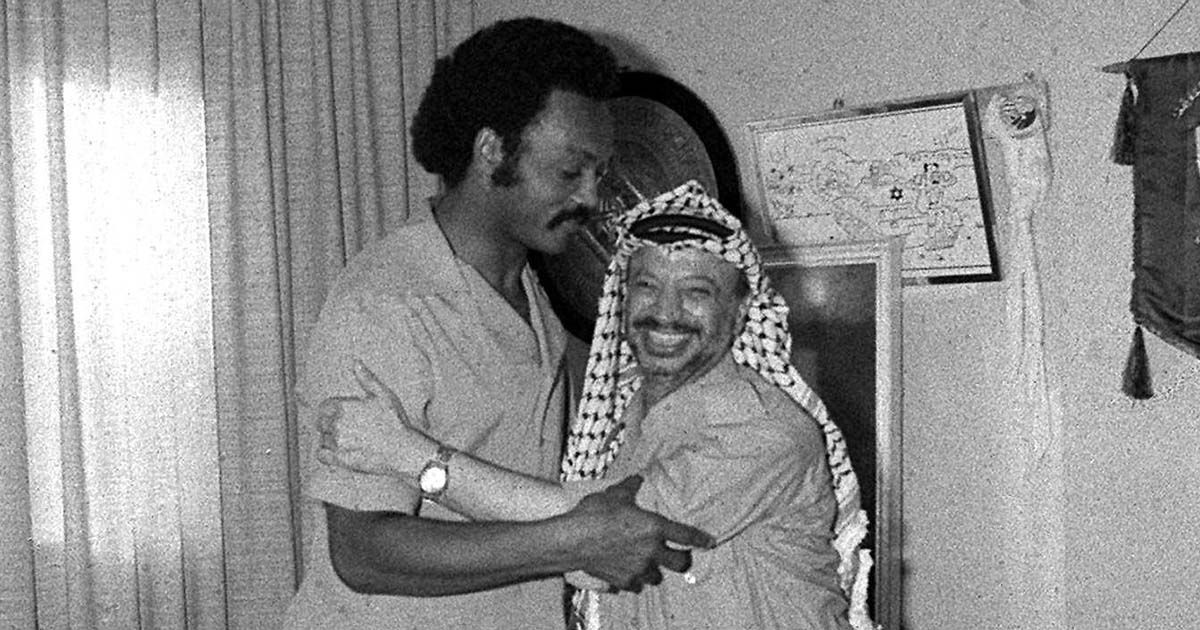For over 50 years, the American left has tried rebranding the Palestinian cause by camouflaging Palestinian terrorism with the slogans of America’s civil rights movement. Today, a new generation of would-be radicals has stumbled onto this zombie corpse of ahistoric sloganeering with the confident excitement of college freshmen on their first beer run.
Using pseudo-intellectual jargon like “intersectionality,” multiple identity groups and astroturfed leftist political organizations have made fealty to the Palestinian cause a litmus test for belonging to the wider left. That is why many progressives were “exhilarated” by Hamas’ massacre of innocent people, and feminists remained silent about the Gazans’ mass rape of Israeli women. The artificiality, or often absurdity, of the supposed “intersection” between Palestine and the fashionable cause of the moment matters not at all. Hence, Palestine is a queer issue, as much as it is a feminist issue, and a social justice issue. The common thread remains supposed shared oppression—regardless of how homophobic, sexist or dictatorial Palestinian society might be.
But most group identities, no matter how politically fashionable, lack the social, cultural, and political heft to integrate the Palestinians into the new hierarchy of American victim groups and protected minorities. In America, only race has that valence. That is why other identity groups keep trying to graft their victimhood onto the story of the Black civil rights movement to cement their legitimacy.
The Palestinian cause has gained a seat in the progressive sectarian tent by piggybacking off the historical experience of American Blacks. Especially since 2020, Palestine has become thoroughly incorporated into Black Lives Matter sloganeering and visual aesthetics. As a result, an Arab nationalist movement fighting a battle 6,000 miles away from America’s Atlantic coast has become a central component of America’s “anti-racist struggle,” regardless of its lack of even the slightest connection to the historical reality of race-based discrimination in America, or to the values of the American civil rights movement.
The differences between the Palestinian national movement and the American civil rights movement are obvious and fundamental. Palestinians have played no role in American history or the history of slavery. Palestinians played no role in the civil rights struggle. The Palestinian-Israeli clash, which is occurring a world away from America, is national not racial. Most Israelis are dark-skinned, while some Palestinians are light-skinned. Nonviolence fueled the civil rights struggle, while the Palestinian movement keeps perfecting new forms of political violence and terror-porn, from hijacking to suicide bombing.
As this brief history suggests, the identification of the Israeli-Palestinian conflict with America’s race problem was hardly made in America. It is a recent foreign import. Long before the “globalization of the intifada,” Soviet communist propagandists “internationalized” the Palestinian “struggle.” In the mid-1960s, under Soviet patronage, Palestine became a global cause for the international left, earning a privileged spot in the constellation of Soviet-backed Third World anti-colonial and anti-imperial “liberation” movements through their use of terror. Today’s movement toward the “Palestinianization” of the Black struggle in America therefore mirrors Soviet propaganda efforts that are now more than half a century old—30 years after Soviet communism imploded. Today’s campus commissars and progressive fanatics use very similar methods toward similar aims. If one wants to understand current rhetorical political alignments, understanding that history is therefore crucial.
As the late Palestinian academic, and member of the Palestine Liberation Organization’s (PLO) Palestinian National Council, Edward Said, put it in
The Question of Palestine (1979), the Palestinian movement moved to situate “their struggle in the same framework that includes Vietnam, Algeria, Cuba, and black Africa,” joining “the universal political struggle against colonialism and imperialism.”
The turn toward worldwide anti-colonial revolution and “Third World solidarity” pivoted Palestinian rhetoric around race. As Said explained, “The Zionist settler in Palestine was transformed retrospectively and actually from an implacably silent master into an analogue of white settlers in Africa.”
(full article online)
A new generation of progressives has stumbled on old Soviet antisemitic propaganda

www.tabletmag.com











